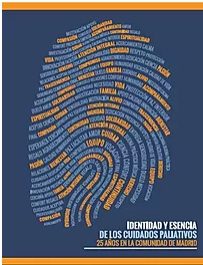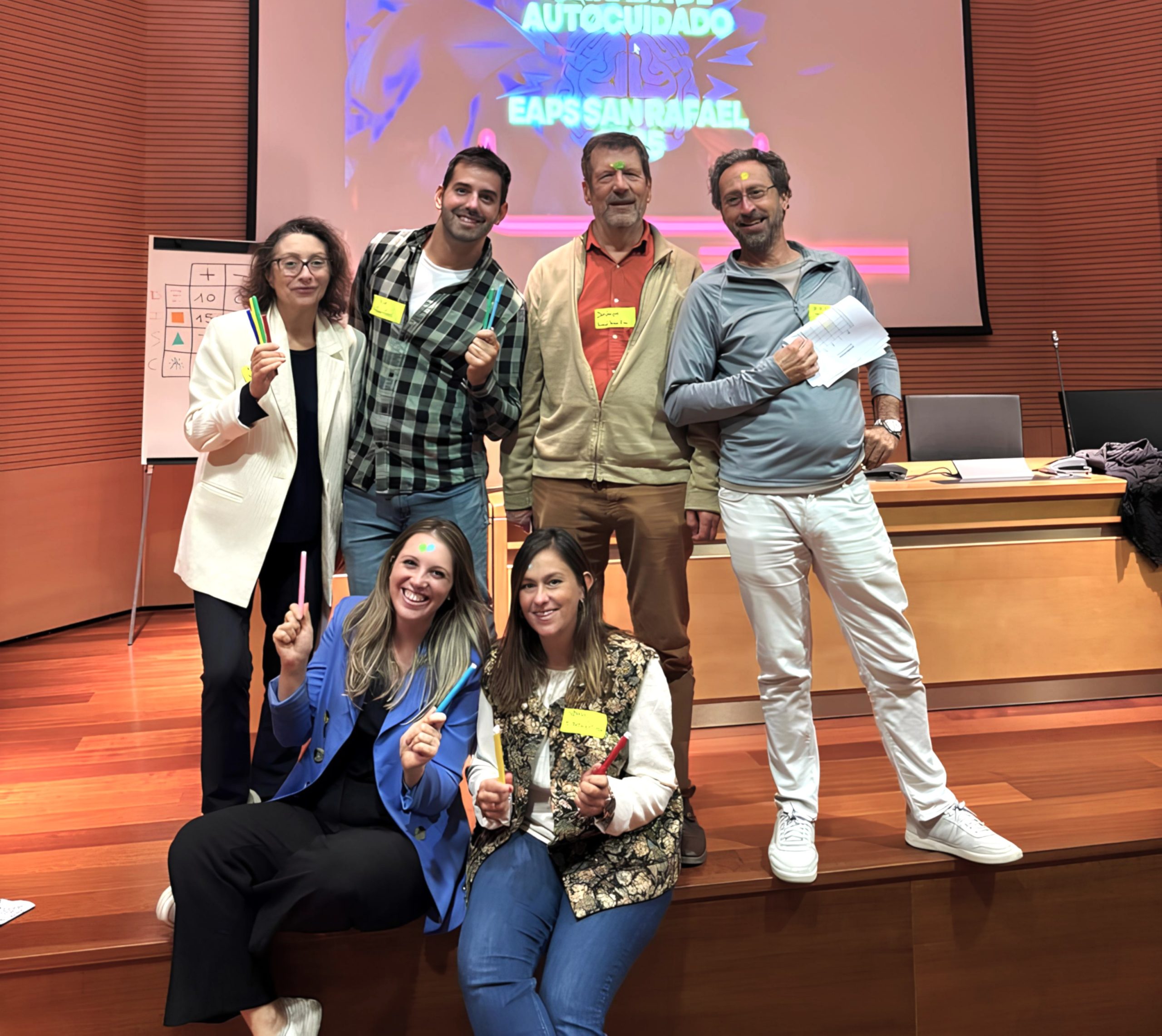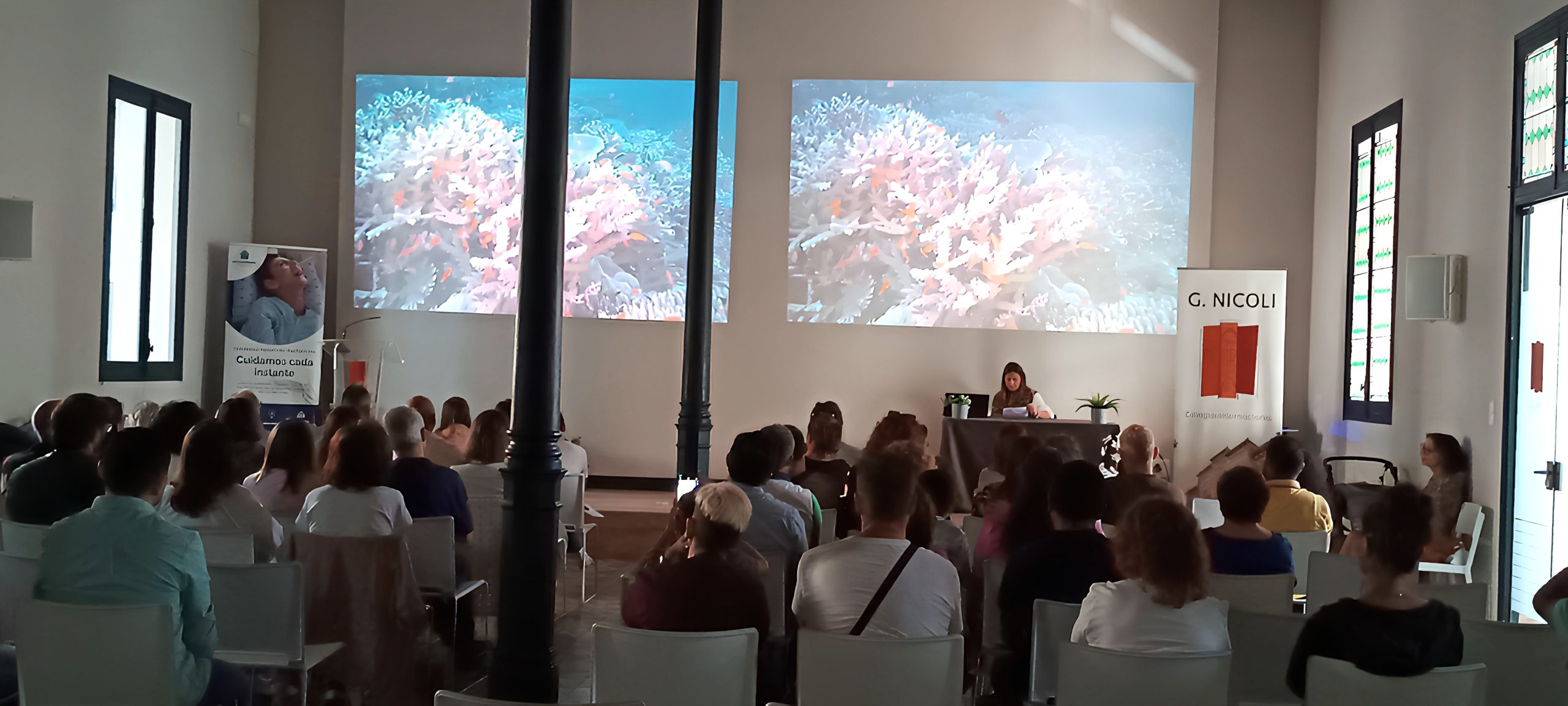
The Regional Coordination of Palliative Care of the Community of Madrid and the Madrid Association of Palliative Care in collaboration with La Caixa are organizing for February 22, 2017 a conference on the identity and essence of palliative care, on the occasion of the celebration of the 25th anniversary of the existence of palliative care in the Community of Madrid.
It is presented as "A meeting space for professionals to jointly analyse the ultimate purpose of Palliative Care in the Community of Madrid, the possible changes produced in the health-patient relationship, the family and society in these 25 years and to seek a common identity in Palliative Care in Madrid".
It will be held in the auditorium of Caixa Forum at Paseo del Prado 36 from 4:00 p.m. to 8:30 p.m.
As a result of this anniversary, the palliative care professionals of the Community of Madrid have published a 14-point declaration in which it is stated what palliative care is, who it is aimed at and what is the role of the professionals who administer it.
MADRID-2017 DECLARATION
DECLARATION OF PALLIATIVE CARE PROFESSIONALS OF THE COMMUNITY OF MADRID
For assistance that welcomes the experience of suffering of human beings, at the end of their lives
1. Palliative Care professionals care for human beings suffering from advanced illnesses or in an end-of-life situation and their loved ones.
2. They are people with their own dignity whose nature encompasses biological, psychological, social and spiritual aspects.
3. The first and main objective of Palliative Care is the relief of suffering, an experience that intensifies at the end of life, both in the patient and in the caregivers.
4. The patient is the main axis of decisions. Therefore, they must have access to truthful, complete and understandable information about their diagnosis, treatment options and prognosis, which will help them make their decisions.
5. It is the role of Palliative Care professionals to detect, evaluate and address the needs of the patient in all their spheres as a human being and those of their caregivers, identifying and enhancing their own resources to face them.
6. Addressing these needs requires an interdisciplinary team, composed of at least a doctor, nurse, psychologist and social worker.
7. Palliative Care does not shorten or prolong life, but rather adapts treatment to the patient's situation.
8. Palliative Care recognizes death as a natural process of life.
9. Palliative Care professionals accompany the patient and their caregivers in the process of illness and death, with the attitude of preventing and treating avoidable suffering and accompanying suffering that cannot be avoided.
10. The fundamental tools of professionals to carry out this work are SCIENCE, which requires us to have an accurate evaluation, methodological rigor, clinical experience and therapeutic reliability, and COMPASSION, which makes it possible to perceive and understand the suffering of the other, and encourages us to alleviate it.
11. These tools can be taught and learned and must be instilled in the training of students of health and social sciences, in the postgraduate training of professionals and in their continuous training.
12. Palliative care does not end with the death of the patient, it is prolonged in the accompaniment of their loved ones during their grieving process.
13. This accompaniment of people who suffer also entails psychological and spiritual exhaustion for professionals, which requires us to commit to self-care.
14. Palliative Care is a right of all citizens who need it and it is the responsibility of governments to ensure its compliance.






